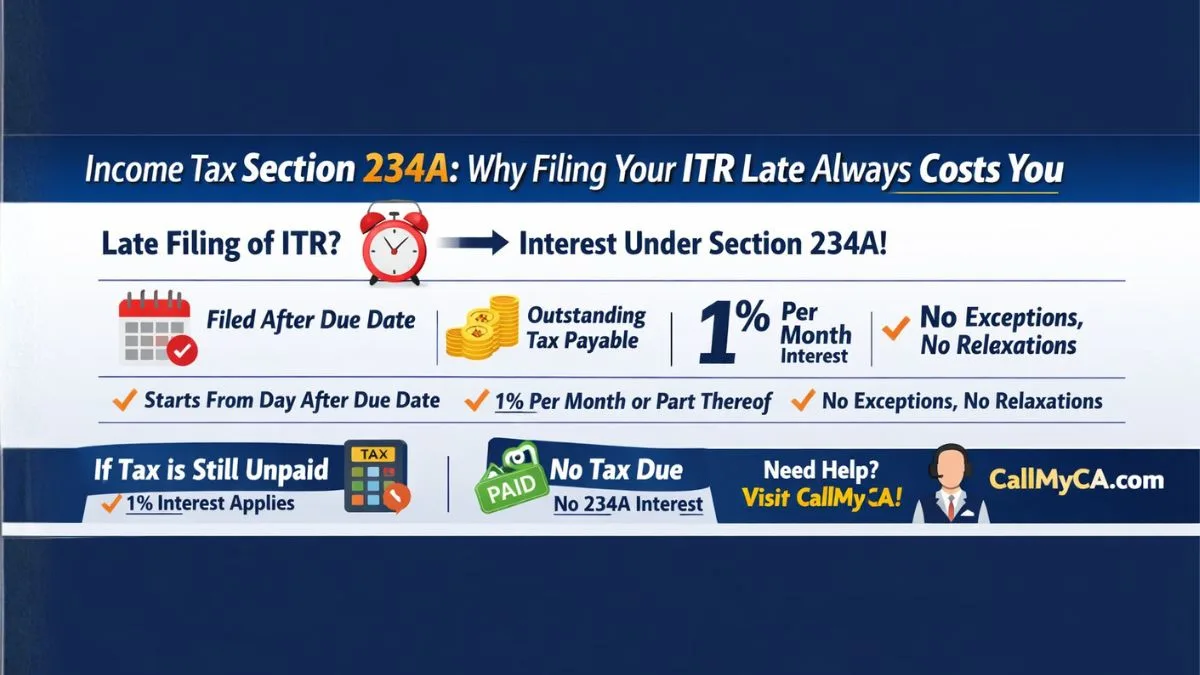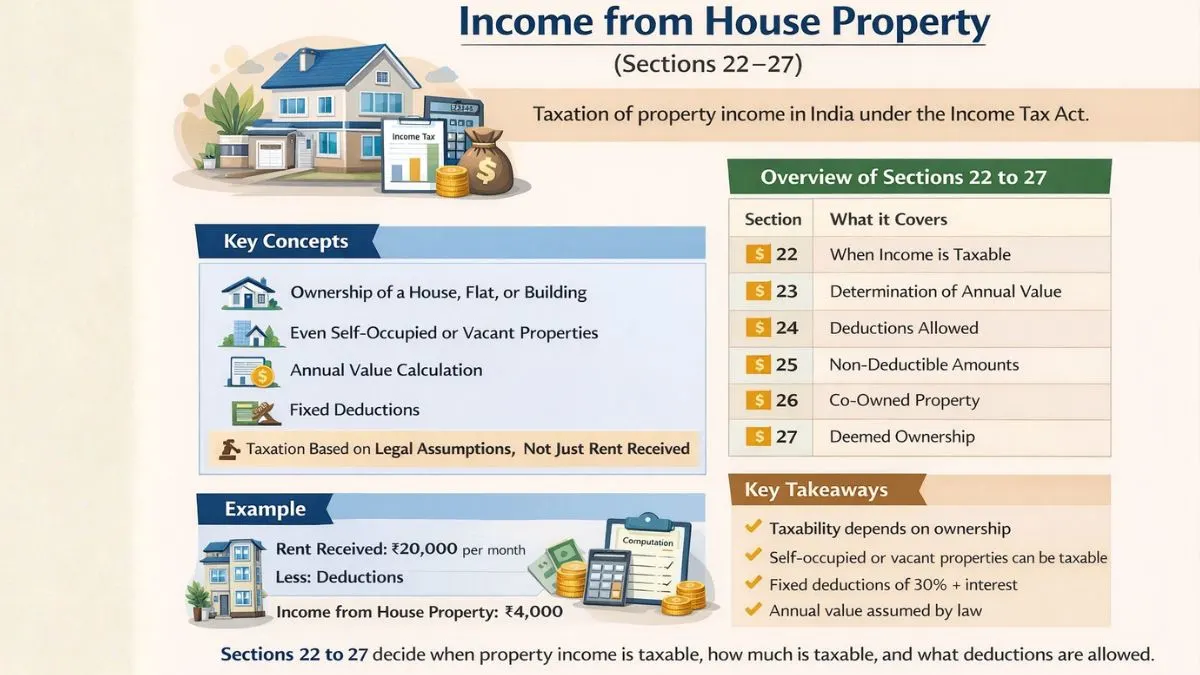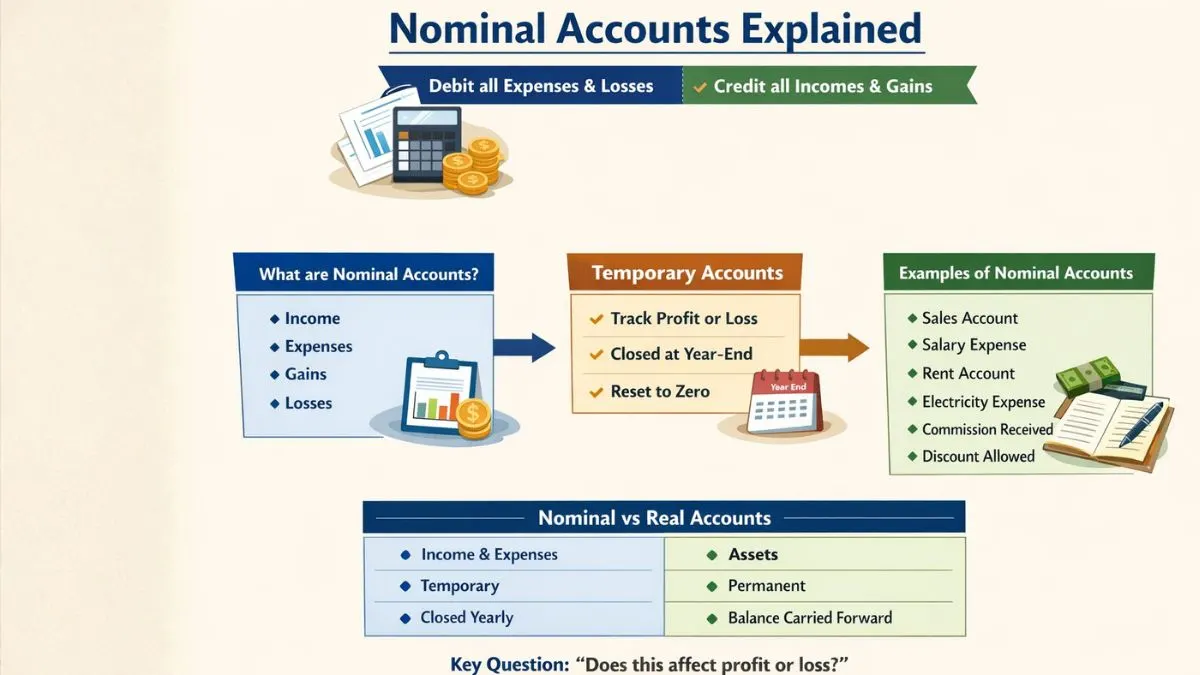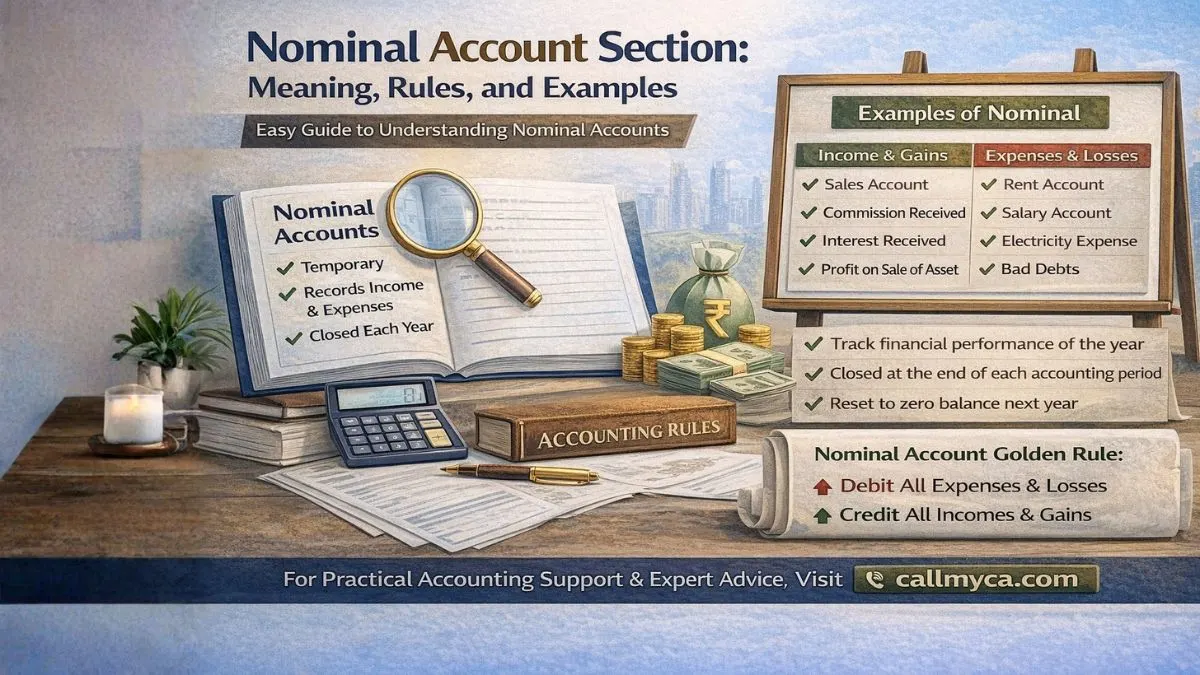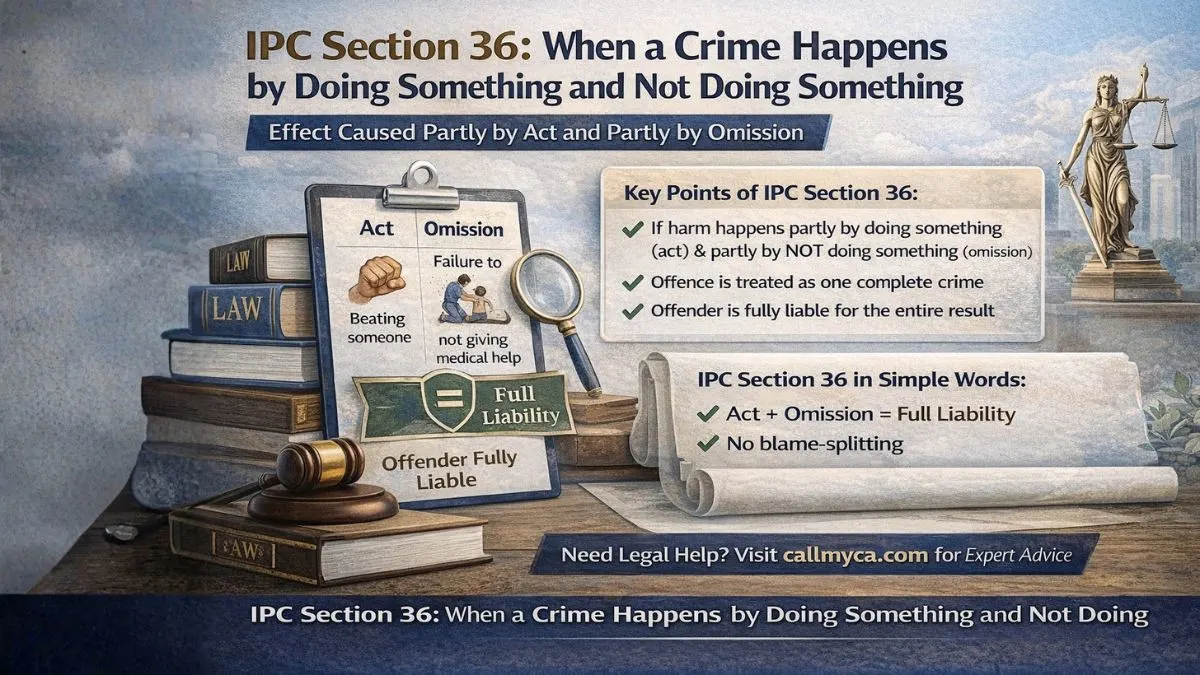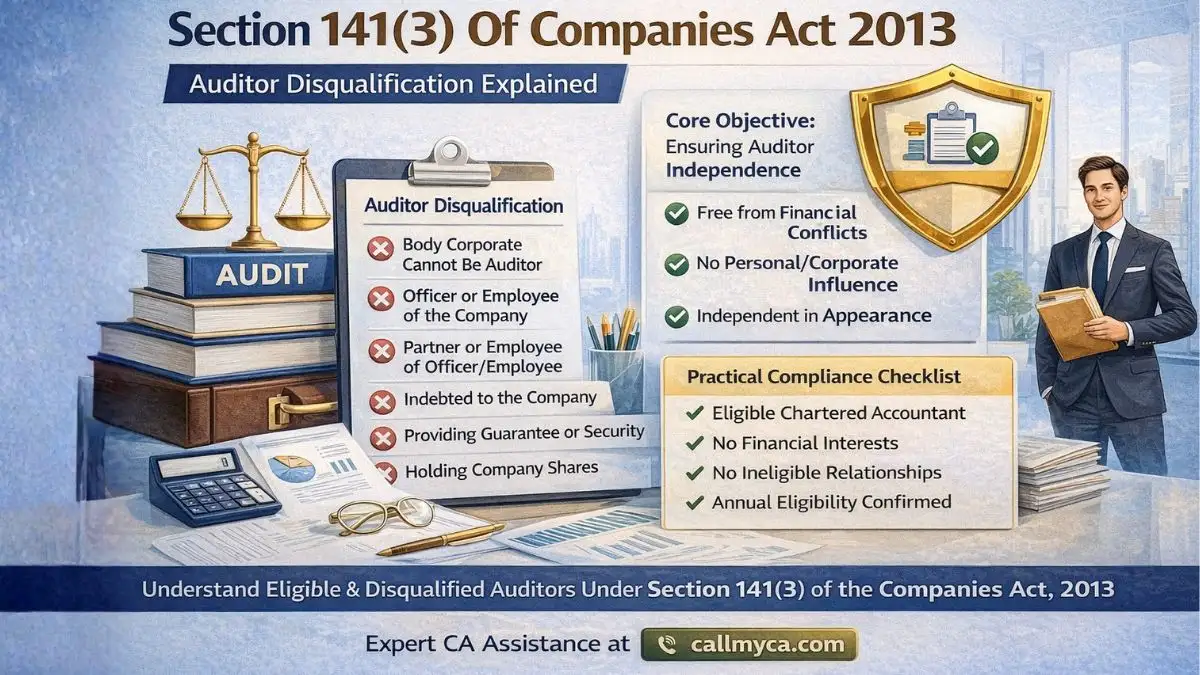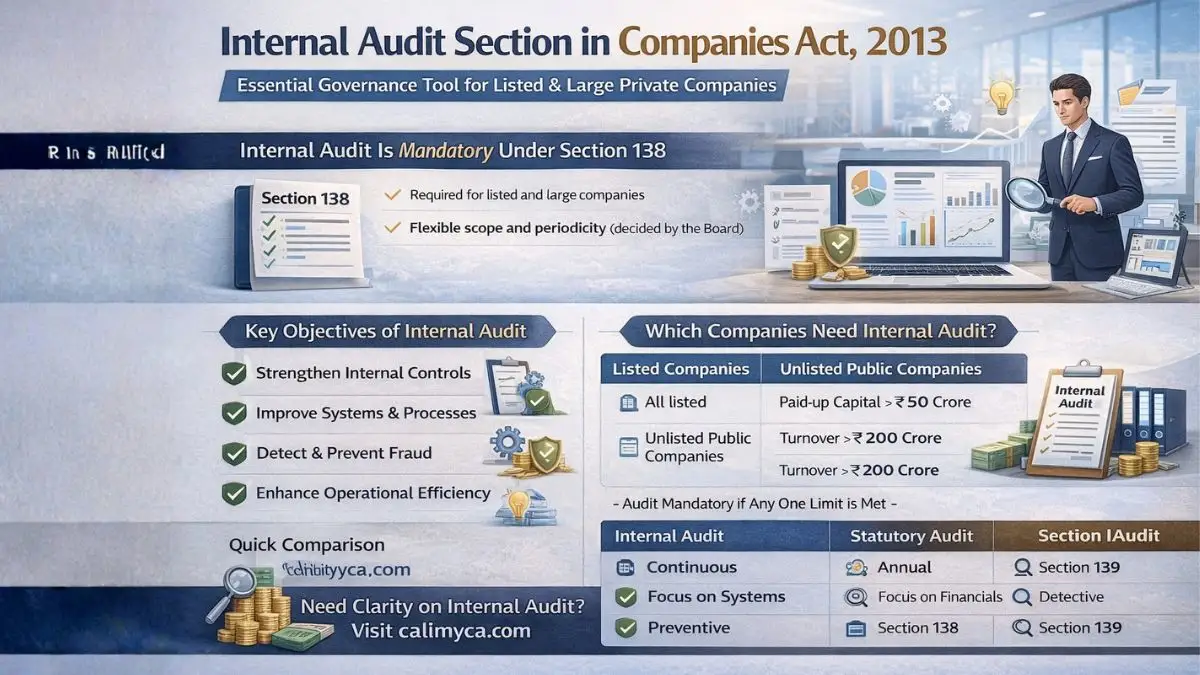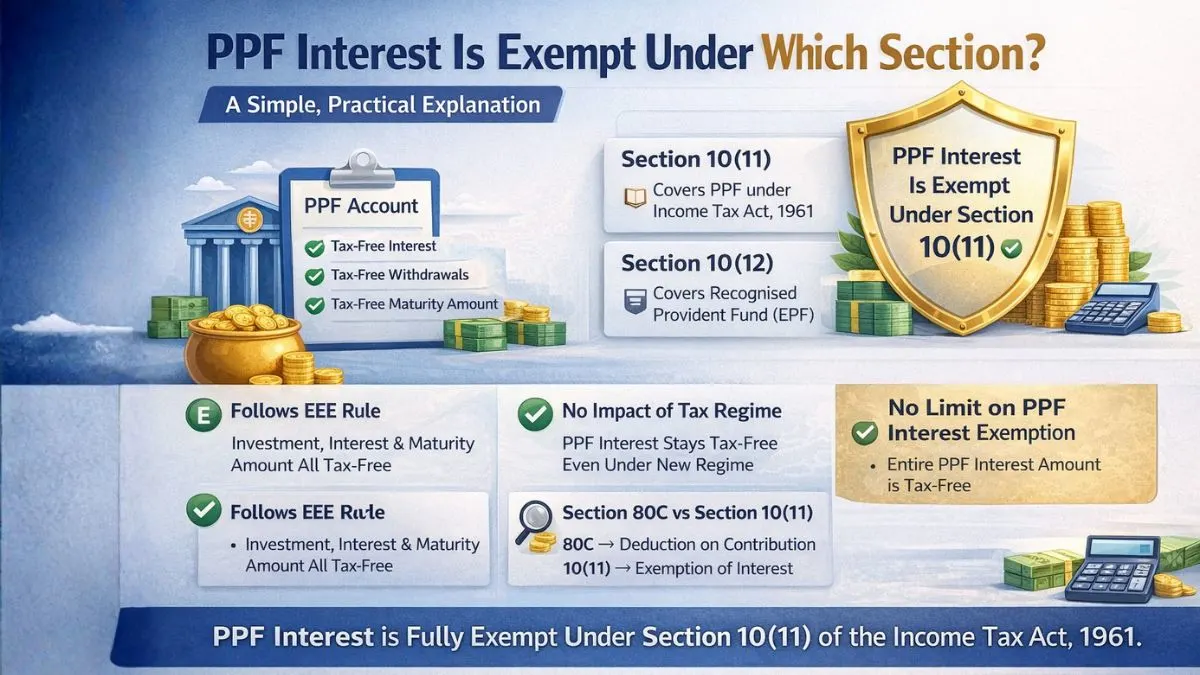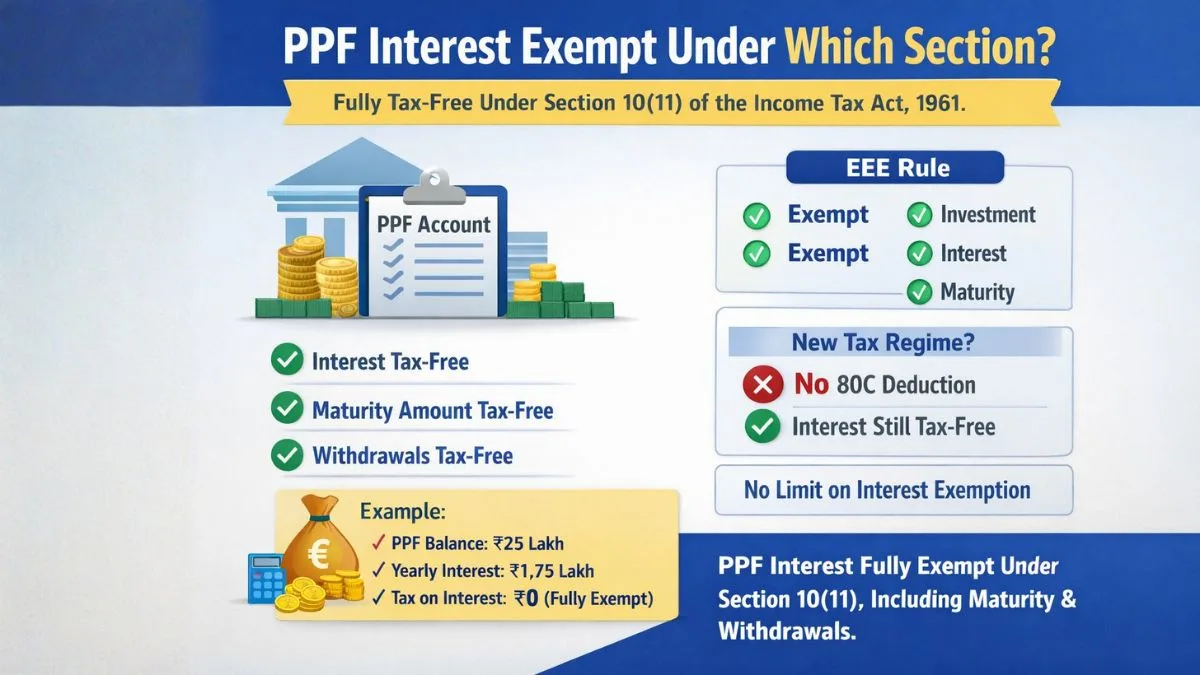
When it comes to capital gains taxation, one of the most critical sections under the Indian Income Tax Act is Section 112. This section is specifically designed to deal with the taxation of long-term capital gains (LTCG) under certain scenarios, and it can directly impact your investment returns.
Let’s break it down in simple terms so that even if you aren’t a finance expert, you walk away with absolute clarity.
What Is Section 112 of the Income Tax Act?
Section 112 of the Income Tax Act, 1961 provides a framework for taxing long-term capital gains (LTCG) that arise from the sale of certain types of assets such as land, property, equity shares (in some cases), bonds, etc. The section becomes applicable only when an asset is held for more than a specified period, typically more than 36 months.
If the holding period exceeds this threshold, the gain is classified as "long-term," and Section 112 comes into play. "
How Does Section 112 Work?
This section deals with the taxation of long-term capital gains on the transfer of capital assets that are not covered under Section 112A (we’ll touch on that soon).
- LTCG is taxed at 20% if the asset is listed and the taxpayer opts for indexation benefits.
- If the asset is listed and the taxpayer chooses not to apply indexation, the LTCG is taxed at 10% on the gains exceeding ₹1 lakh (this is where Section 112A takes effect).
Difference Between Section 112 and 112A
While both these sections deal with LTCG, their scope and tax rates differ:
- Section 112A was introduced in Budget 2018 to tax LTCG from listed equity shares and equity-oriented mutual funds where STT (Securities Transaction Tax) has been paid.
- The tax rate for 112A is 10% on LTCG exceeding ₹1 lakh.
- However, Section 112 imposes a 12.5% tax on long-term capital gains (LTCG) exceeding ₹1.25 lakh on some specific assets in certain cases. "
Application and Tax Rate
Section 112 of the Income Tax Act rate can vary depending on whether the asset is listed, unlisted, or qualifies for indexation. In general, Section 112 of the Income Tax Act provides for long-term capital gains (LTCG) tax as follows:
- Listed Securities (like bonds and debentures not covered under 112A): LTCG taxed at 10% without indexation.
- Unlisted Securities and Real Estate: LTCG taxed at 20% with indexation.
This provision applies to residents and non-residents alike. However, the tax payable by an assessee on his total income, including LTCG, is calculated differently based on residency status and asset class.
Illustration of Taxation under Section 112
Suppose you sold a property after 4 years and earned a long-term capital gain of ₹6 lakhs. After applying indexation, if the gain drops to ₹4 lakhs, your tax liability under Section 112 would be 20% of ₹4 lakhs, i.e., ₹80,000.
This rate can vary depending on whether indexation is claimed & whether the capital gain is eligible under 112A.
Updates and Amendments
The amendment in Section 112 of the Income Tax Act in recent years ensures fair taxation & reduces tax evasion. The government has also clarified the proviso to section 112 of the Income Tax Act Bare Act, stating how indexation and exemptions apply.
Moreover, Section 112 of the Income Tax Act 2023 clarified several grey areas & provided clearer guidance on calculating tax on long-term capital gains in certain cases.
Points to Note
- Section 112 of the Income Tax Act 1961 ensures that investors in non-equity assets like land, gold, or debt instruments pay tax on their LTCG fairly.
- Section 112 of the Income Tax Act, with an example, helps to visualise real scenarios. For instance, if you earned ₹1.5 lakh as LTCG from listed debentures, & you forgo indexation, you may pay 10% tax on the entire gain under Section 112.
- These rules are subject to changes via amendments in section 112 of the Income Tax Act, so always refer to the latest bare act or consult a tax advisor.
Conclusion
In a nutshell, Section 112 of the Income Tax Act plays a vital role in the taxation of long-term capital gains that are not covered under Section 112A. It aims to bring fairness while ensuring that gains from asset sales are taxed based on the asset type and holding duration. Whether you are a salaried employee investing in bonds or a property owner selling real estate, knowing how Section 112 applies can help you plan your taxes better and avoid surprises.

